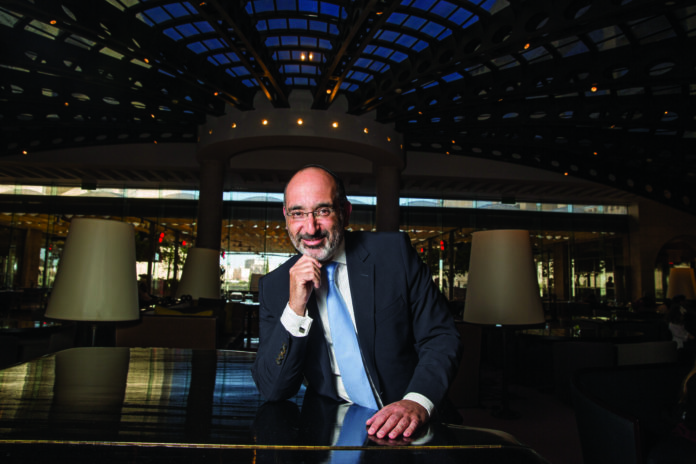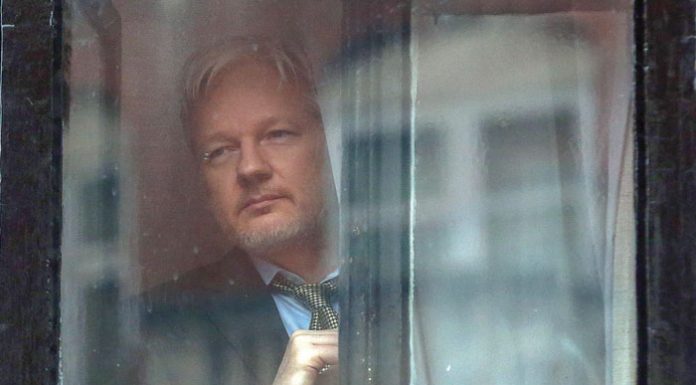
It was Shabbos morning in South Africa. The time had come to recite the prayer for the country’s president and for the government that typically reads, “May G-d bless the president and deputy president and all the ministers…”
This Shabbos, though, would be different. It had recently come to light that Jacob Zuma, who was then president of South Africa, had been heavily involved in corruption, allowing businessmen to bribe their way into securing government contracts and influencing high-level governmental decisions. One wealthy family, the Guptas, were found to have robbed the country, looting government entities instead of looking after the country’s infrastructure.
Eskom, South Africa’s national electrical utility, suffered as a result. South Africa is known for its frequent blackouts, referred to by residents as “load-shedding,” which happens when Eskom cannot provide enough current. The blackouts occurred because the utility had been robbed of money that was supposed to be used to keep its electrical systems up to date.
It was now Shabbos morning, and as Chief Rabbi Warren Goldstein had instructed synagogues across South Africa, the usual text of the prayer had been modified: “May G-d bless us with a president who is morally worthy of this nation…” In some shuls there was a rumble, and a few people even walked out.
“But I felt that you shouldn’t be praying for someone when he’s got so many allegations against him for looting the country,” Rabbi Goldstein says.
During that time, Rabbi Goldstein also took part in the protests against President Zuma. “It is very important to show that as Jews, we care not only about our own interests but about society as well. I was joining the protests not to get things for the Jewish community, but to say, ‘I care very much about South Africa. This corruption on the part of the president and the state capture [political corruption by private interests] are an existential threat to our future, and something must be done.’
“I felt that I was also fulfilling the mitzvah of kiddush Hashem, because people would then see a rabbi promoting justice, ethics and morality. If you’ve got this outright geneivah—literally highway robbery—taking place in broad daylight in front of the whole country, and as a religious leader, I remain silent, then shtikah k’hodaah, silence is acquiescence. If I let that immorality just go by, it’s as if I’m endorsing it. Saying that this is a violation of basic ethics is part of upholding Torah in the world.”




















